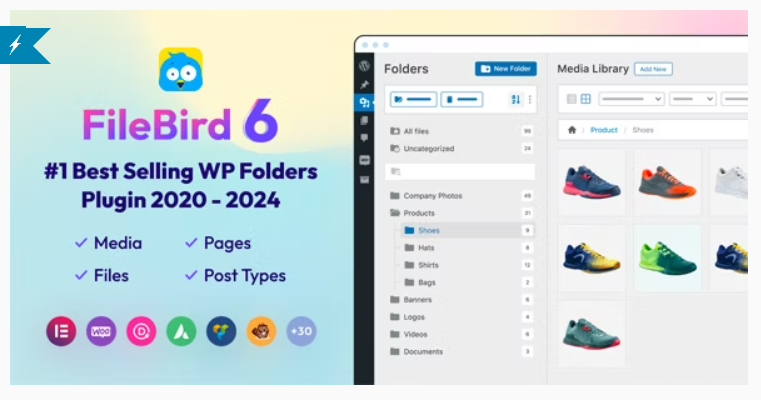As a Performance Marketing Manager, you’ll need to possess a wide range of knowledge and skills to succeed in this role. Here are some of the key areas of knowledge you should be familiar with:
-
Digital Marketing Fundamentals:
- Understanding of online marketing channels (search, social, email, display, native)
- Knowledge of marketing principles (target audience, segmentation, positioning)
- Familiarity with marketing metrics (ROI, CPA, CTR, conversion rates)
-
Performance Marketing Platforms:
- Ad serving platforms (e.g., Google Ad Manager, Amazon Advertising)
- Demand-side platforms (DSPs) and supply-side platforms (SSPs)
- Marketing automation platforms (e.g., Marketo, Pardot)
- Data management platforms (DMPs)
-
Search Engine Optimization (SEO):
- Understanding of keyword research and optimization techniques
- Familiarity with Google Analytics and SEO tools (e.g., Ahrefs, SEMrush)
- Knowledge of content optimization strategies
-
Paid Advertising:
- Google Ads (formerly Google AdWords) and Google Ads Manager
- Facebook Ads and Facebook Ads Manager
- Other paid advertising platforms (e.g., LinkedIn Ads, Twitter Ads)
- Understanding of ad targeting options (e.g., demographics, interests, behaviors)
-
Social Media Marketing:
- Understanding of social media platforms (Facebook, Twitter, Instagram, LinkedIn, etc.)
- Knowledge of social media advertising options (e.g., Facebook Ads, Twitter Ads)
- Familiarity with social media analytics tools (e.g., Hootsuite Insights, Sprout Social)
-
Email Marketing:
- Understanding of email marketing best practices
- Knowledge of email marketing automation tools (e.g., Mailchimp, Marketo)
- Familiarity with email analytics tools (e.g., Google Analytics, Mailchimp Reports)
-
Data Analysis and Reporting:
- Understanding of data analysis principles
- Familiarity with data visualization tools (e.g., Tableau, Power BI)
- Knowledge of data reporting tools (e.g., Google Analytics, Excel)
-
Marketing Automation:
- Understanding of marketing automation principles
- Familiarity with marketing automation platforms (e.g., Marketo, Pardot)
- Knowledge of workflow automation and triggered campaigns
-
Budgeting and Cost Management:
- Understanding of budgeting and cost management principles
- Familiarity with budgeting tools (e.g., Excel, Google Sheets)
- Knowledge of cost optimization strategies
-
Team Management and Collaboration:
- Understanding of team management principles
- Familiarity with collaboration tools (e.g., Asana, Trello, Slack)
- Knowledge of effective communication and project management techniques
-
Industry Trends and Best Practices:
- Staying up-to-date with the latest industry trends and best practices
- Familiarity with industry reports and research studies
- Knowledge of emerging technologies and innovations in performance marketing
-
Communication and Project Management:
- Effective communication skills for working with stakeholders and teams
- Knowledge of project management methodologies (e.g., Agile, Waterfall)
- Familiarity with project management tools (e.g., Asana, Trello)
By possessing these areas of knowledge, you’ll be well-equipped to excel as a Performance Marketing Manager and drive results for your organization.



